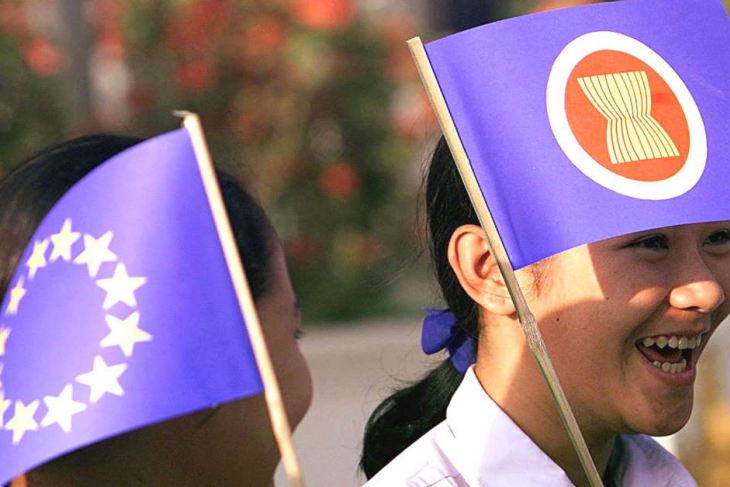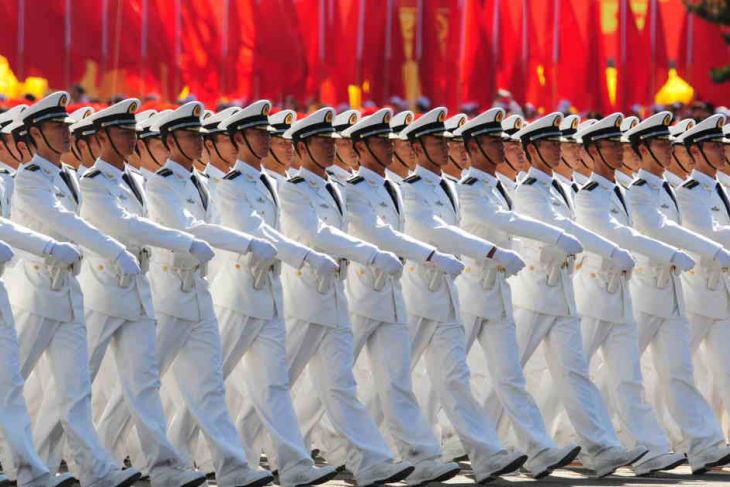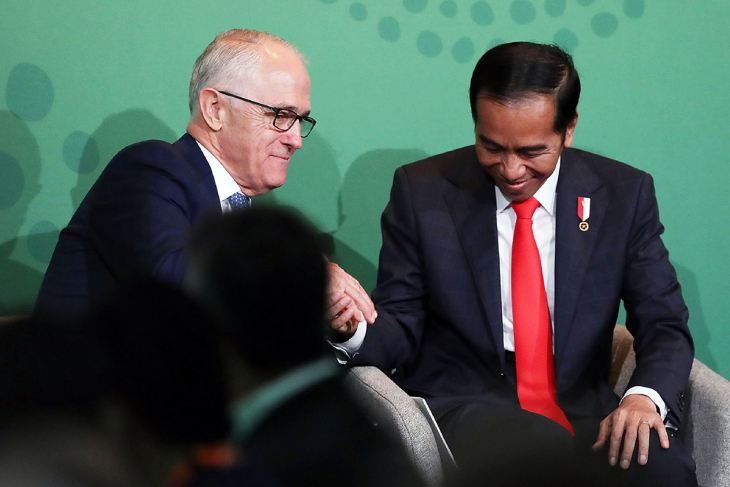United Nations Convention on the Law of the Sea
Today, European Union (EU) Ministers launched the EU Strategy for Cooperation in the Indo-Pacific. This strategy marks a major step in Europe’s steadily increasing engagement in a region that is the economic and strategic centre of gravity of today’s world.
More than seven years ago, in January 2013, the Philippines took the initiative of contesting the legal basis of China’s maritime claims in the South China Sea (SCS) through the Arbitral Tribunal at the Permanent Court of Arbitration (PCA) in The Hague under the compulsory dispute resolution provisions contained in the United Nations Convention on the Law of the Sea (UNCLOS). On 12, July 2016, the Arbitral Tribunal released its ruling on the SCS arbitration in favour of the
At the 36th ASEAN Summit via teleconferencing on Friday (26 June), some Southeast Asian leaders boldly raised the issue of the South China Sea (SCS) and China’s bullying behaviour while ASEAN chair Vietnam called for a rules-based order in the SCS.“While the entire world is stretched thin in the fight against the pandemic, irresponsible acts and acts in violation of international law are still taking place, affecting the environment of security and stability in certain regions, including our
Filipino citizens were caught by surprise yesterday as large banners saying “Welcome to the Philippines, Province of China” appeared on bridges throughout Manila and other cities. The banners popped up on the second anniversary of the Philippines’ legal victory against China at the Hague.
Australia’s recent maritime border treaty with Timor-Leste could open a new can of worms for Australia as Indonesia may use Timor-Leste’s recent victory at The Hague to renegotiate Indonesian-Australian maritime boundaries. Last month saw Timor-Leste and Australia finally reaching an agreement over the maritime border between the two nations following a 15-year dispute.




